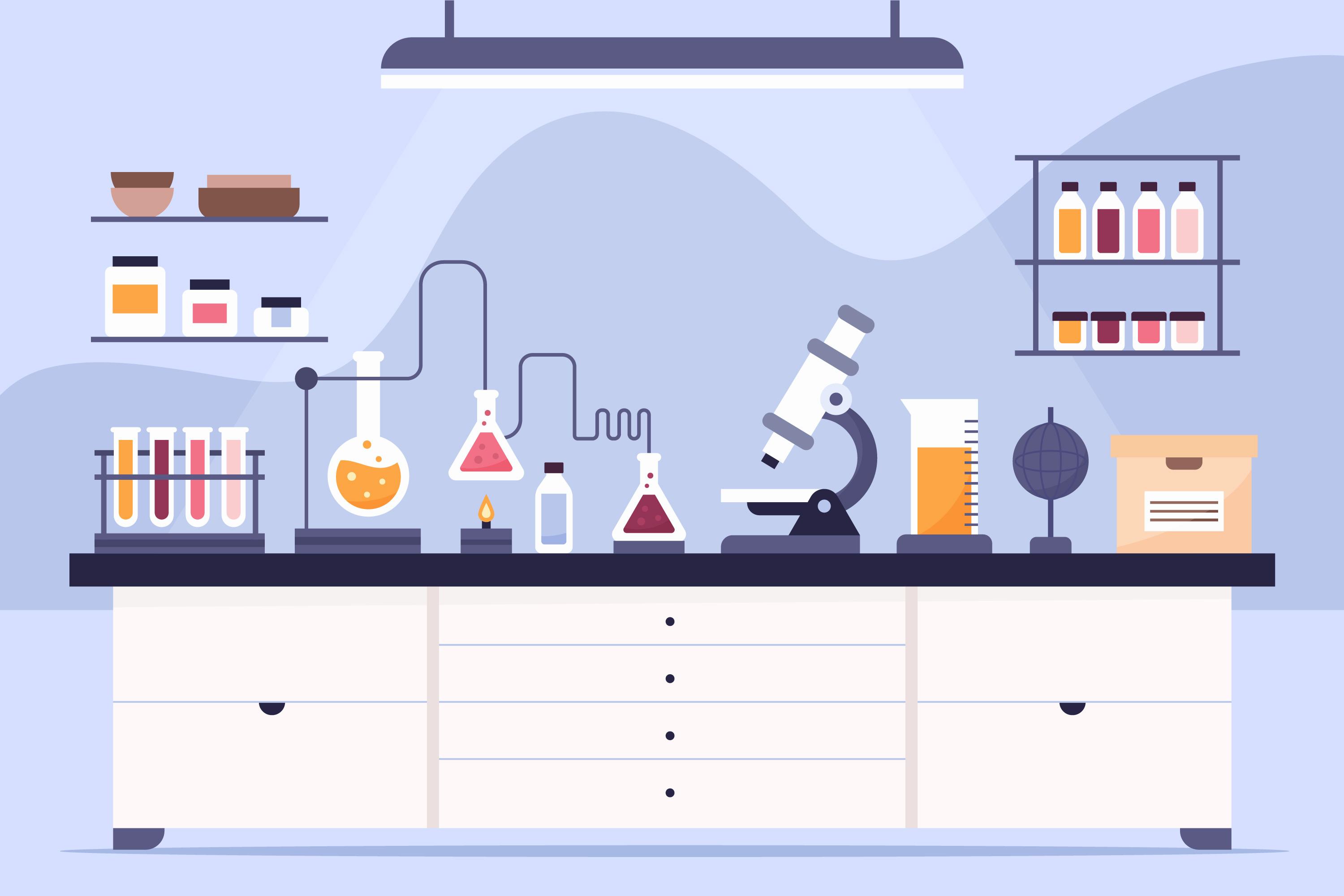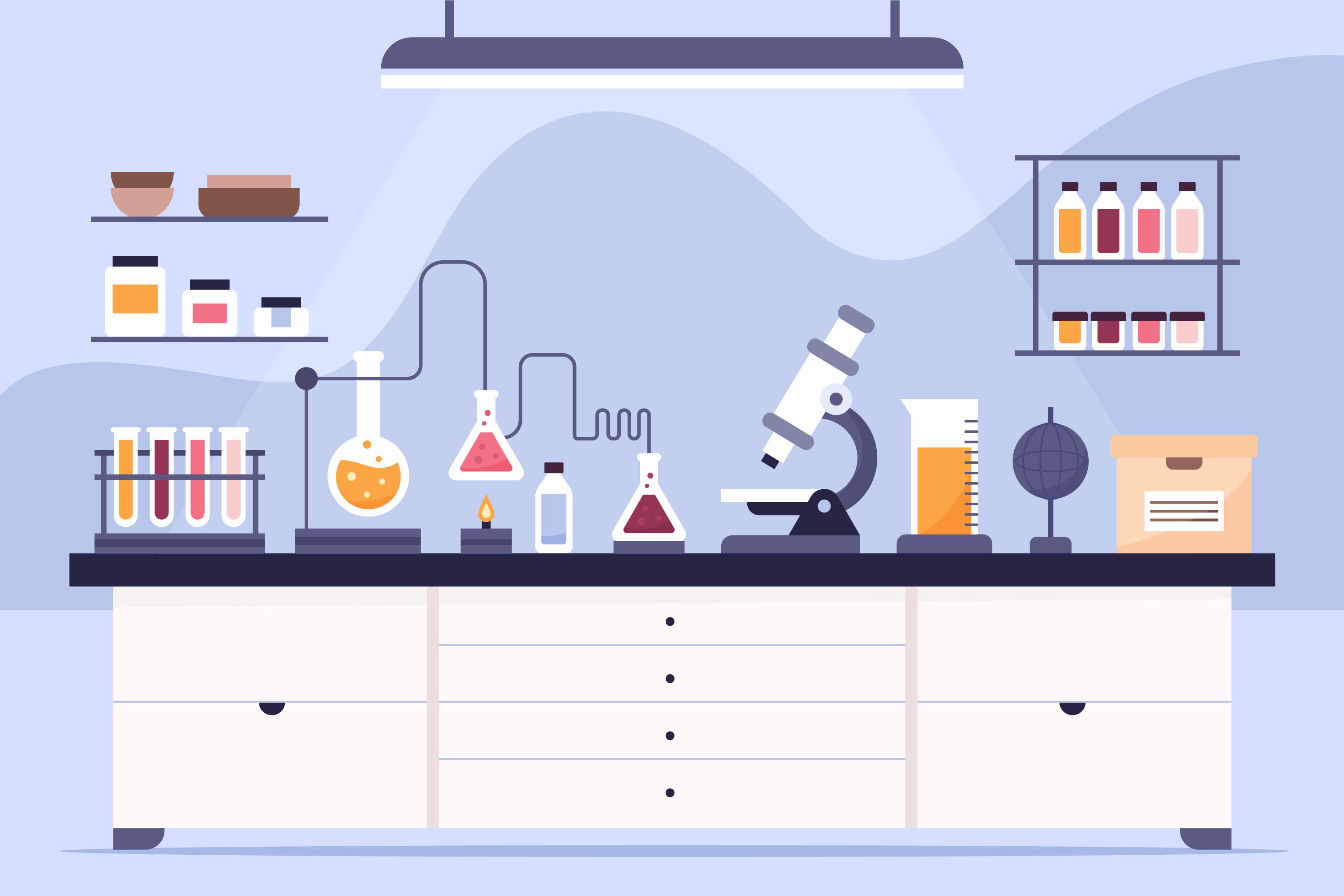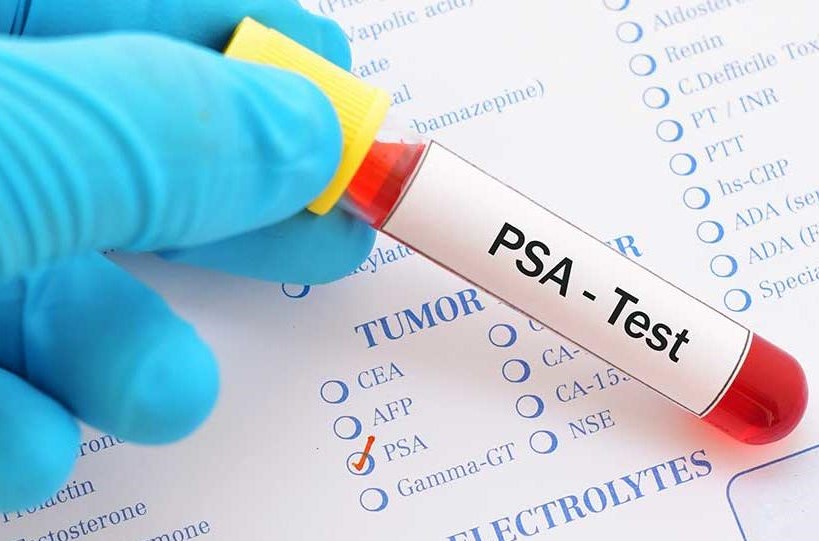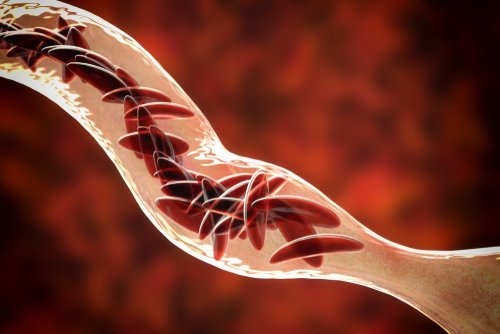
State of art laboratory with wide range of tests available.

This test screens for gonorrhea and chlamydia, common STDs that can infect the genitals, rectum, and throat.
139.0 Learn more
The test measures the testosterone hormone's level in blood. This hormone regulates fertility, muscle mass, fat distribution, and red blood cell production.
198.0 Learn more
Prostate Specific Antigen (PSA) test gives an estimate of the probability of prostate cancer in men over 50 years.
80.0 Learn more
The QuantiFERON TB test, also known as a TB blood test, is a blood test that checks for prior exposure to tuberculosis.
155.0 Learn more
These tests are useful to differentiate the various types of anemias. It is also key energy nutrient test for healthy skin, hair and nails.
99.0 Learn more
Evaluation of Blood immunoglobulins (Ig A, IgM and IgG) in blood.
119.0 Learn more